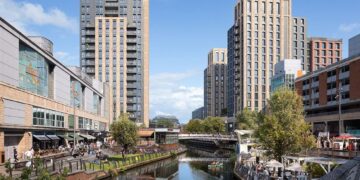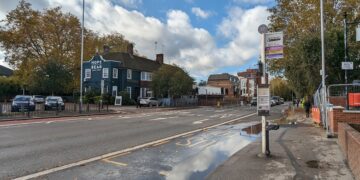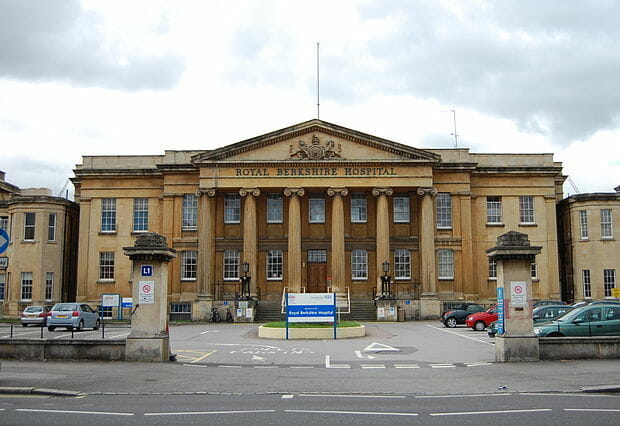AS JUNIOR doctors prepare for a four-day strike from Tuesday, April 11, the NHS is warning people to be prepared, and to use the 111 service if possible.
The industrial action starts at 7am on Tuesday, April 11, and will end at 7am on Saturday, April 15.
The British Medical Association is calling for a full pay restoration to reverse what it says is a
steep decline in pay faced by junior doctors since 2008/9. They also want to reform the system to avoid such a problem from occurring again.
The four-day strike follows on from a 72-hour stoppage last month.
The NHS In Buckinghamshire, Oxfordshire and West Berkshire, which runs healthcare services including the Royal Berkshire Hospital, are preparing for the impact of further industrial action by junior doctors, which follows the Easter holiday weekend when some services are limited, and many staff are on planned leave.
Junior doctors make up about half of the NHS doctors and some services will therefore be disrupted.
As a result, priority will be given to emergency treatment, critical care, maternity and neonatal care, and trauma services.
Steve McManus, chief executive of the NHS In Bucks, Oxfordshire and West Berkshire, said: “We do not underestimate the impact this industrial action will have on our patients. Some non-emergency operations and other appointments will be rearranged.
“NHS staff working during the industrial action will be working very hard in hospitals, community teams, GP and primary care services and pharmacies to keep people safe and respond to their needs.
“The scale and length of this industrial action mean that we cannot fully mitigate the impact for patients.”
He continued: “Emergencies, critical care, maternity, trauma and neonatal care safe staffing will be our absolute priority, but it will involve the NHS working together across Buckinghamshire, Oxfordshire and Berkshire to ensure we are there for people at their moment of need.
“We are grateful to all our colleagues working during this time to keep services running and patients safe.”
Mr McManus said communities should prepare by, where possible, stocking up on essential medicines and repeat prescriptions. They should also seek alternative healthcare options where possible.
“During Industrial Action please continue to access Primary Care as normal and keep appointments unless the NHS advises you not to,” he said.
“Please make the best use of the NHS by using NHS 111 Online, using the NHS App or speaking to your local pharmacist first for health advice. Think about which NHS service can best meet your needs.”
This view was echoed by Dr Rachael de Caux, chief medical officer for the NHS in Bucks, Oxfordshire and Berkshire West and Consultant in Emergency Medicine said: “If you have an emergency or life-threatening need, continue to come to the Emergency Department.
“We expect them to be incredibly busy in the days ahead and if your need is not an emergency you can expect to wait a very long time or be redirected to a more appropriate service.
“NHS 111 Online remains the best place to help you get to the part of the NHS that can best respond to your needs.”
























